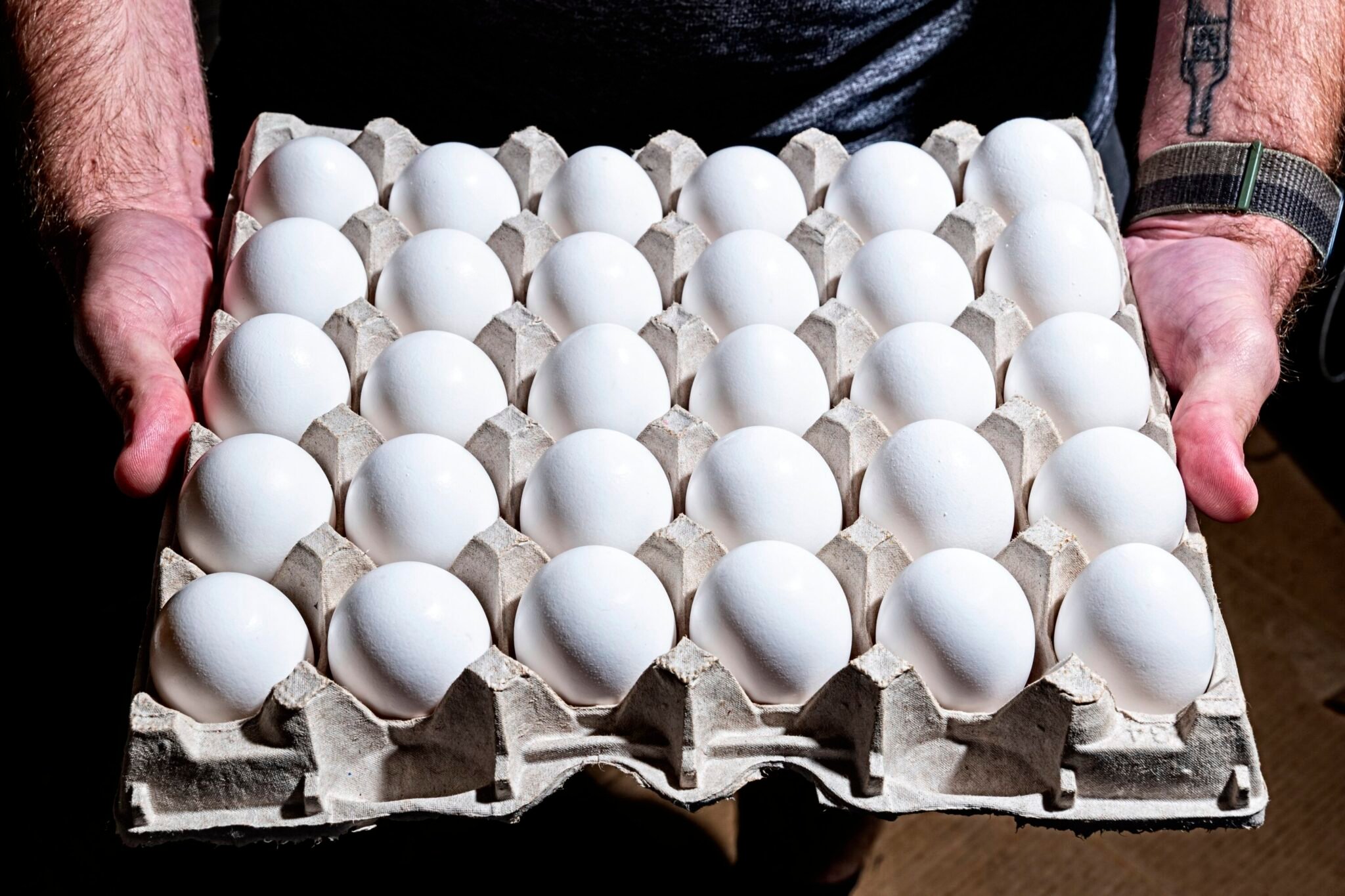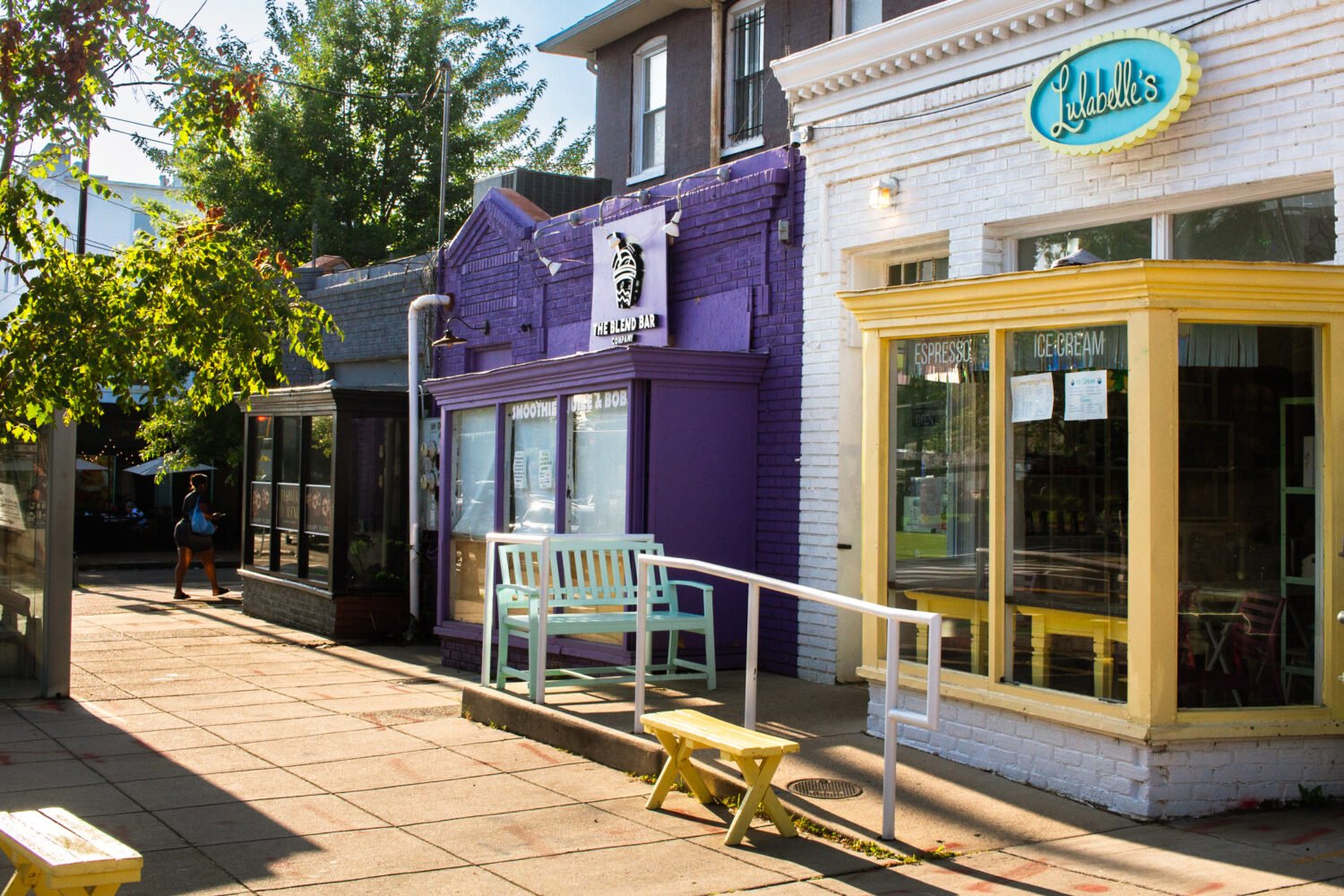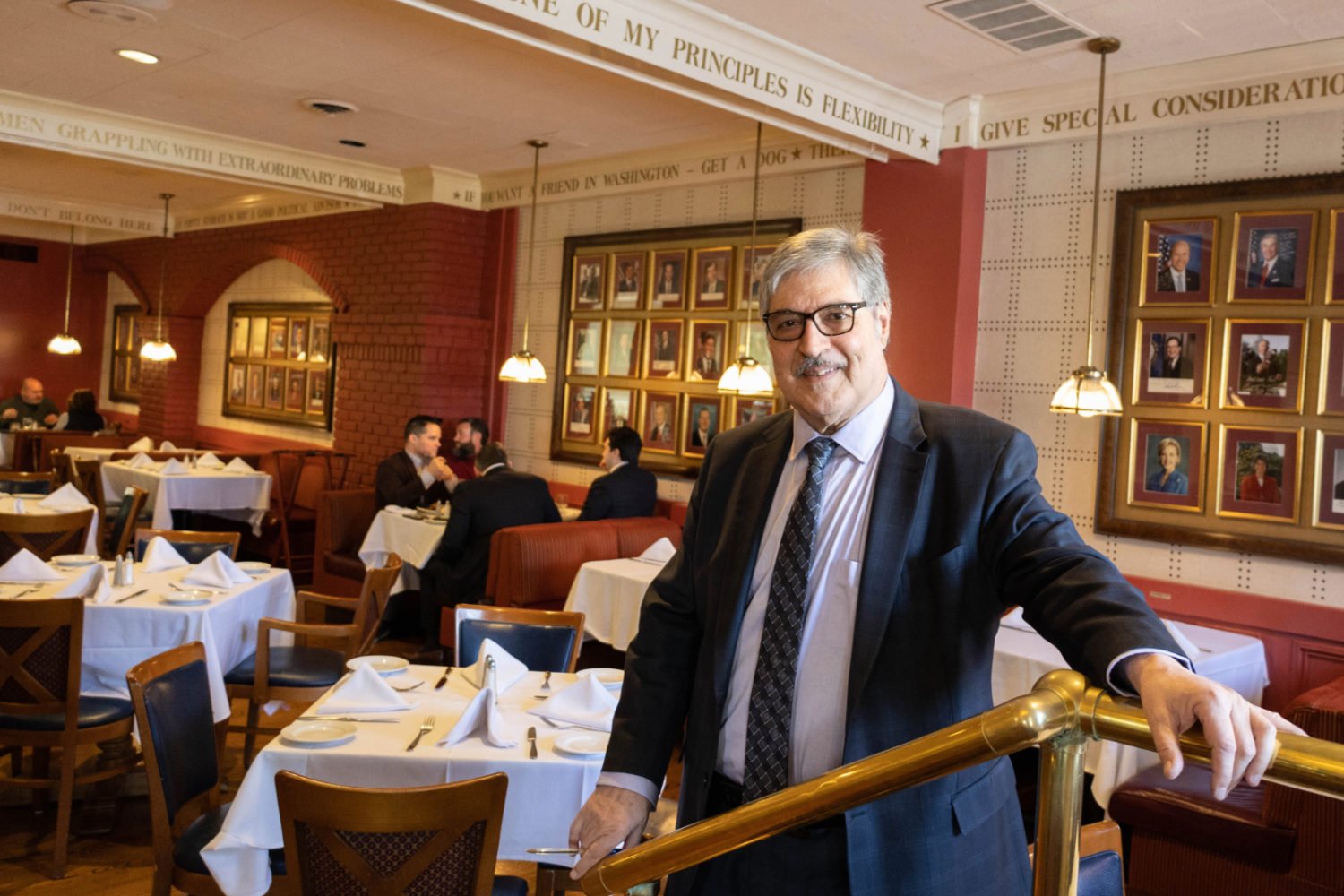Breakfast taco shop La Tejana goes through 20 to 30 cases of Pennsylvania-sourced brown eggs each week. Now, due to an ongoing national egg shortage, this Mount Pleasant spot spends almost $9,000 a month on the staple ingredient—nearly double what they’re used to paying. As a result, La Tejana, along with many other breakfast and brunch spots in the DC-area, have had to increase their menu prices.
“I hate the idea of raising prices,” says La Tejana co-owner Gus May, who’s increased the price of individual tacos by 25 cents and some combos by as much as $2. “We very much want to give everyone the best value we can, but it’s an unusual circumstance.”
Avian influenza, or “bird flu,” isn’t new to the United States, but the outbreak in recent months has had especially adverse effects on the national agriculture industry. More than 116 million birds have been affected, according to the CDC—either from being infected directly, or being culled due to an infection in the flock. The result is a steep drop in egg-laying poultry populations, and a scarcity of eggs across the country.
Fewer eggs means higher prices and less stock for grocery shoppers, but it also means the same—along with slimmer profit margins—for restaurateurs across the DC area.
Popular spots like Good Company Doughnuts & Cafe and Ted’s Bulletin have instated temporary surcharges on items containing eggs. National chains like Denny’s and Waffle House have also added extra egg fees. For businesses taking this route, finding a price increase that is economically efficient without putting customers off can be a balancing act.
“This is the first time we’ve ever created a surcharge for flexibility,” says Ted’s owner Steve Salis. He hopes to “meet people in the middle” with the restaurant’s 75-cent surcharge on dishes with eggs. “We’re taking it a little on the chin… but it’s enough to get us through.”

Surcharges aren’t the solution for all restaurants. All-day Cracked Eggery is currently resisting any price increases—but they’re doing so at the expense of their profits.
“It makes it hard, but I’d rather pay a little bit more and get less,” says Cracked Eggery co-founder Mike Tabb.
But Tabb believes avian flu might not be the only contributor to egg scarcity. He argues that eggs are more in vogue than they’ve been in his lifetime, making the demand higher in an already-precarious climate.
“For a long time, eggs weren’t the best thing for you—when we were little kids, everyone was saying, ‘Stay away from cholesterol,'” he says. “Now, it’s kind of changing towards, ‘Eat more eggs.’ It’s everywhere…and it’s just about weathering the storm.”
For some restaurateurs, “weathering the storm” means finding creative menu solutions during brunch service. Laurence Cohen, chef at Arlington’s Green Pig Bistro, says his team has avoided price increases by switching to smaller eggs, as well as swapping out more costly biodegradable take-out containers for cheaper aluminum ones. While he says that he won’t skimp on product quality, there are other ways to keep operating costs manageable.
“I will be tighter in other areas—maybe I won’t use so much hollandaise for a steak,” he says. “We can reduce costs and reduce waste, because that’s where a lot of this is going to come into play.”
La Tejana’s May suspects some restaurants are taking a different short cut: “Your favorite spots might be serving you liquid eggs, and you might not even know about it,” he said in an Instagram reel about the egg plight.
For his part, May won’t be budging on the sourcing of his Pennsylvania eggs. Although the restaurant has not once raised its prices in over two years of operation, May concedes that it’s “probably a good thing to do, anyway” to adjust for inflation. May says customers have not pushed back on his price increases, and partially attributes this positive response to his in-depth explanation of the egg situation Instagram.
“A lot of the economics of running restaurants are often hidden, and restaurateurs feel the pressure to keep prices as low as they can, but the restaurant business in general is slim margins,” he says. “I think people appreciated the human level of transparency of just saying what the situation was.”
















